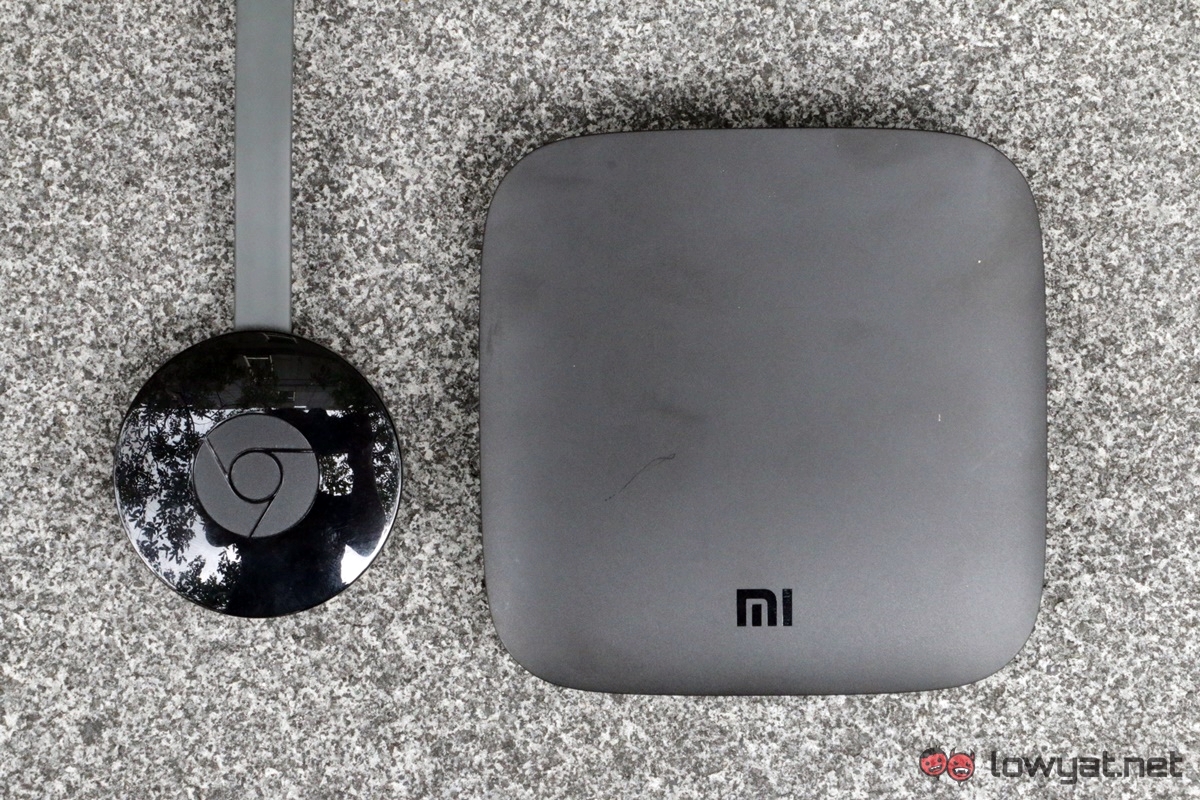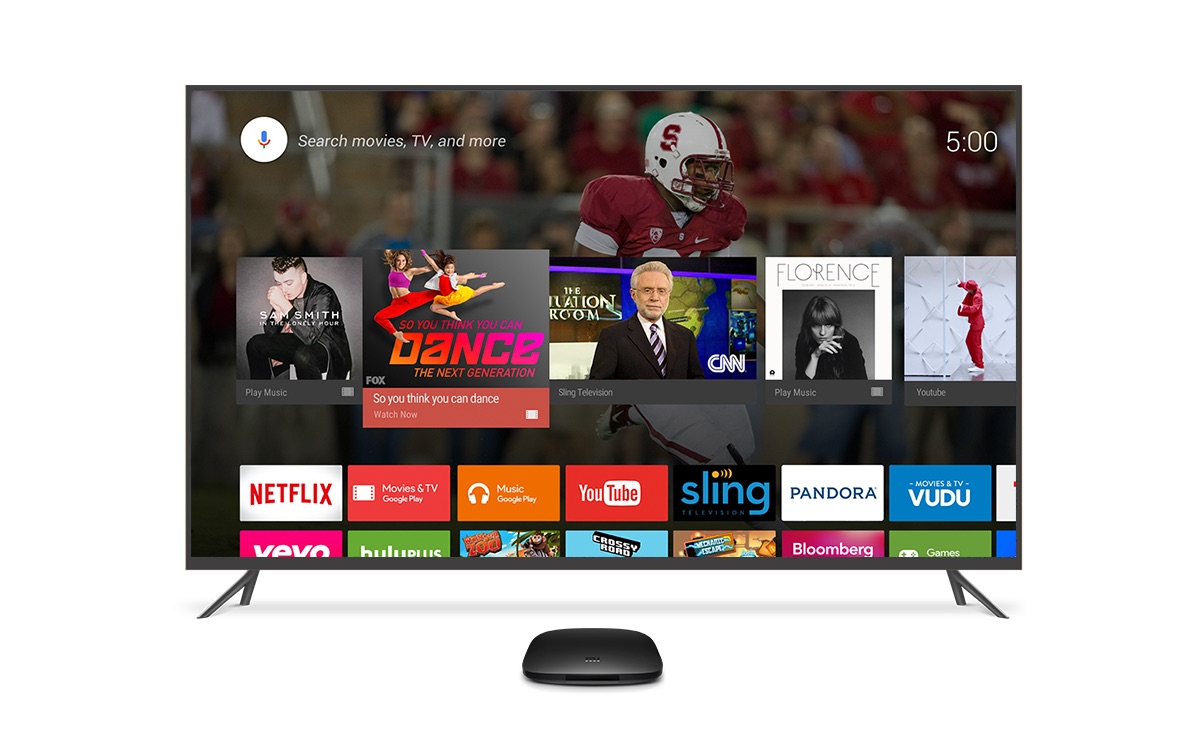The Xiaomi Mi Box surprisingly went on sale in Malaysia several weeks back. This raised an interesting question in the office: which is better, the Mi Box or the Google Chromecast 2?
On one hand, Xiaomi’s set top box is a self-contained device capable of operating on its own. Other the other, the Chromecast is cheaper (RM189 vs RM349) and takes up less space. Both are good products in their own right, so we broke the argument down to the bare specifics: their pros and cons.
Xiaomi Mi Box
Pros: The Xiaomi Mi Box sold in Malaysia is the global variant, which the Chinese company developed with Google. This means that it is equipped with Google’s own Android TV operating system and is capable of accessing Google Play services. It’s a relatively intuitive OS to navigate using the Mi Box remote; although it might feel a little bare bones at times. The benefit here is that there is little clutter; a design choice made more distinct by the extra real estate on larger TV displays.
Access to Google Play also means that the Xiaomi Mi Box can download and install additional apps. This should be a benefit, but there really aren’t that many apps available for Android TV at this point; there’s less than 50 officially listed on Google Play. The list should improve over time, but for now the lack of an iFlix app waters down the benefit of this feature.
If you’re feeling adventurous, the Mi Box also allows you to sideload apps that aren’t officially supported on Android TV. Navigation on those apps may not be great, but having a dedicated file explorer/manager is useful.
Plus, given the horizontal-scroll UI, it can be quite a hassle to navigate Android TV. Users can use the built-in mic on the Mi Box remote to quickly search for things, and you can perform non-media search questions too. Voice recognition is excellent as well.
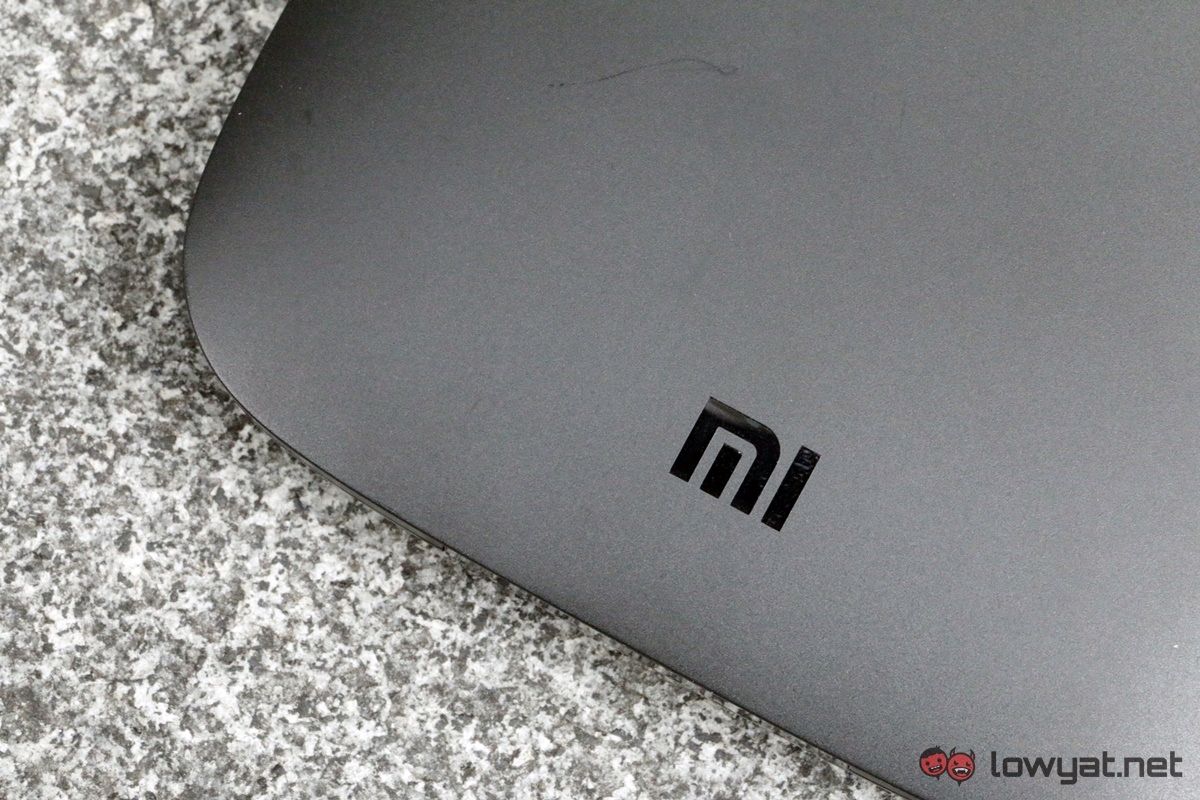
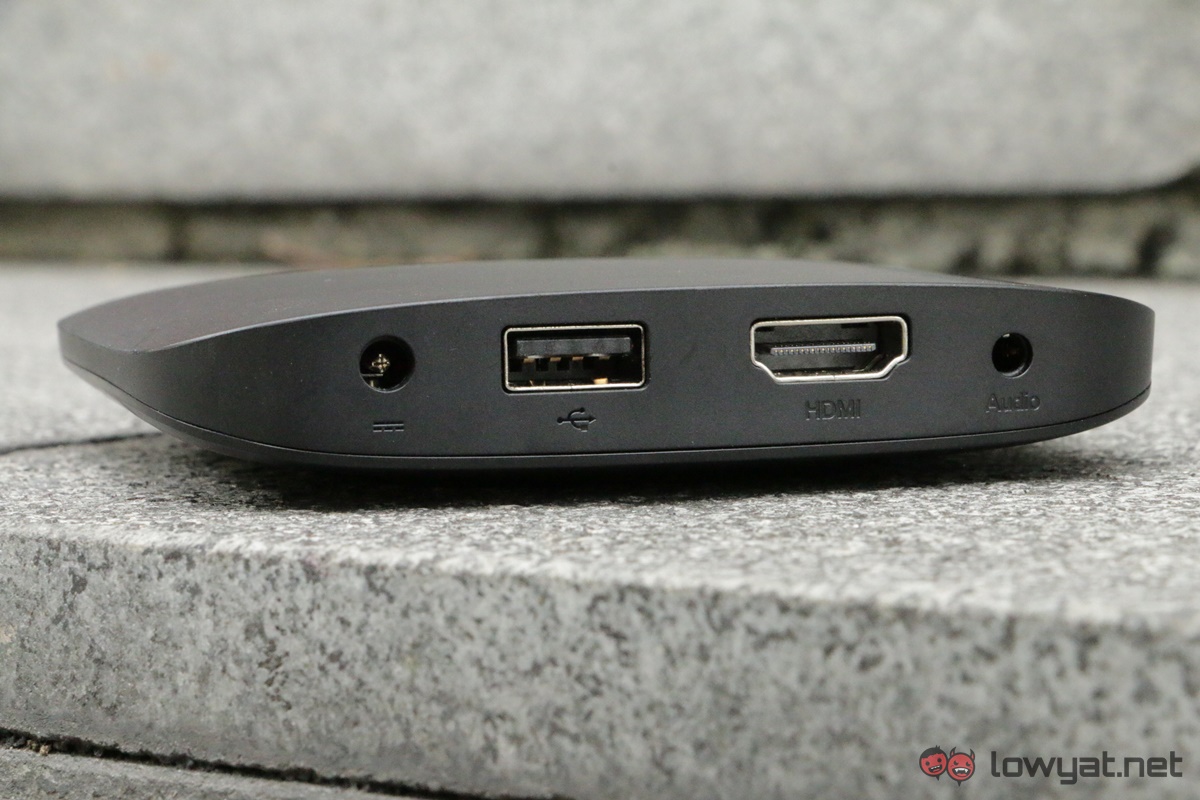
One aspect where the Xiaomi Mi Box excels over other the Chromecast is support for 4K content. Sure, Malaysian internet connections makes the prospect of streaming 4K a little iffy. But having the capability to do so matters, especially since average internet speeds are constantly improving. Plus, Netflix offers the option to stream in 4K.
Cons: While the Android TV interface is intuitive, the YouTube app is somewhat lacking to say the least. Navigating the app is clunky, with the user having to scroll endlessly through videos to discover something to watch. There’s lots of wasted space in the UI, and it would have been nice to have a tiled view of videos for ease of navigation.
The universally negative reviews on the Play Store tells the same story. This is a bigger negative than you might imagine, considering that there are only two streaming apps on the Mi Box.
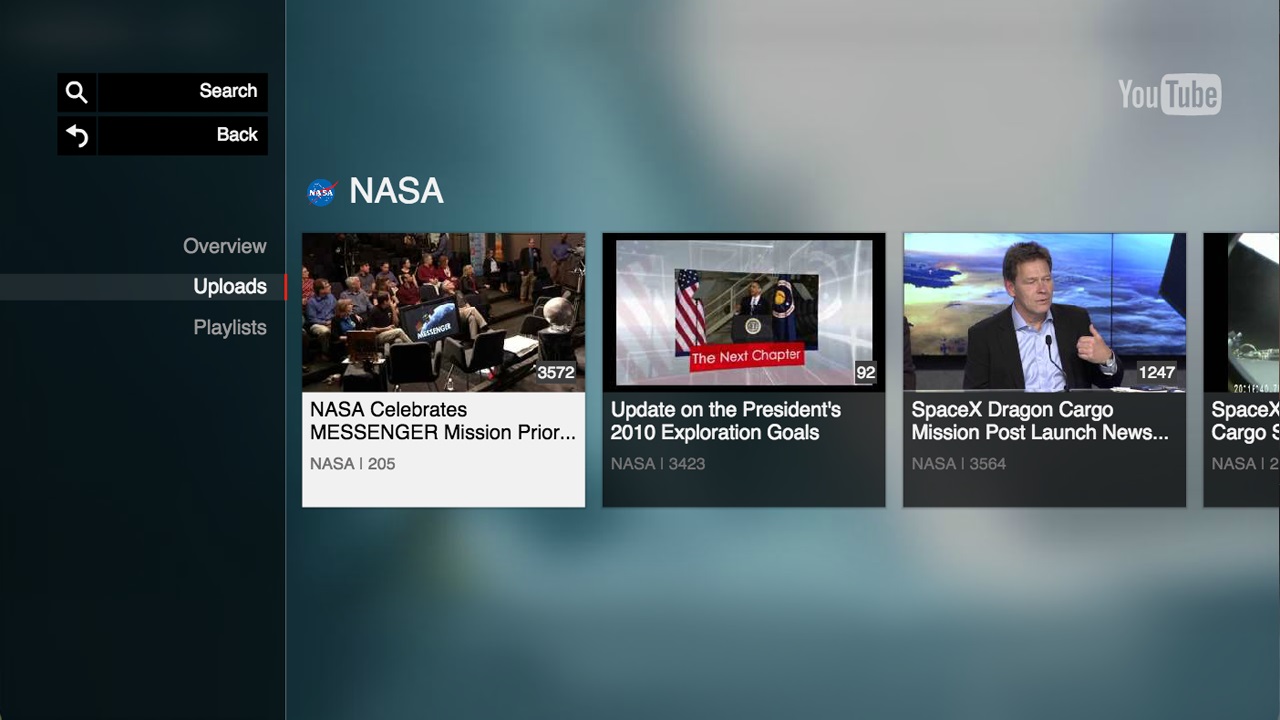
Speaking of apps, there is one glaring app missing from the platform: iflix. Naturally, this issue only affects users in this side of the world and, even though iflix CEO Azran Osman-Rani promised one way back in August 2016, it is still not here. The iflix Android app supports casting to a Chromecast, however.

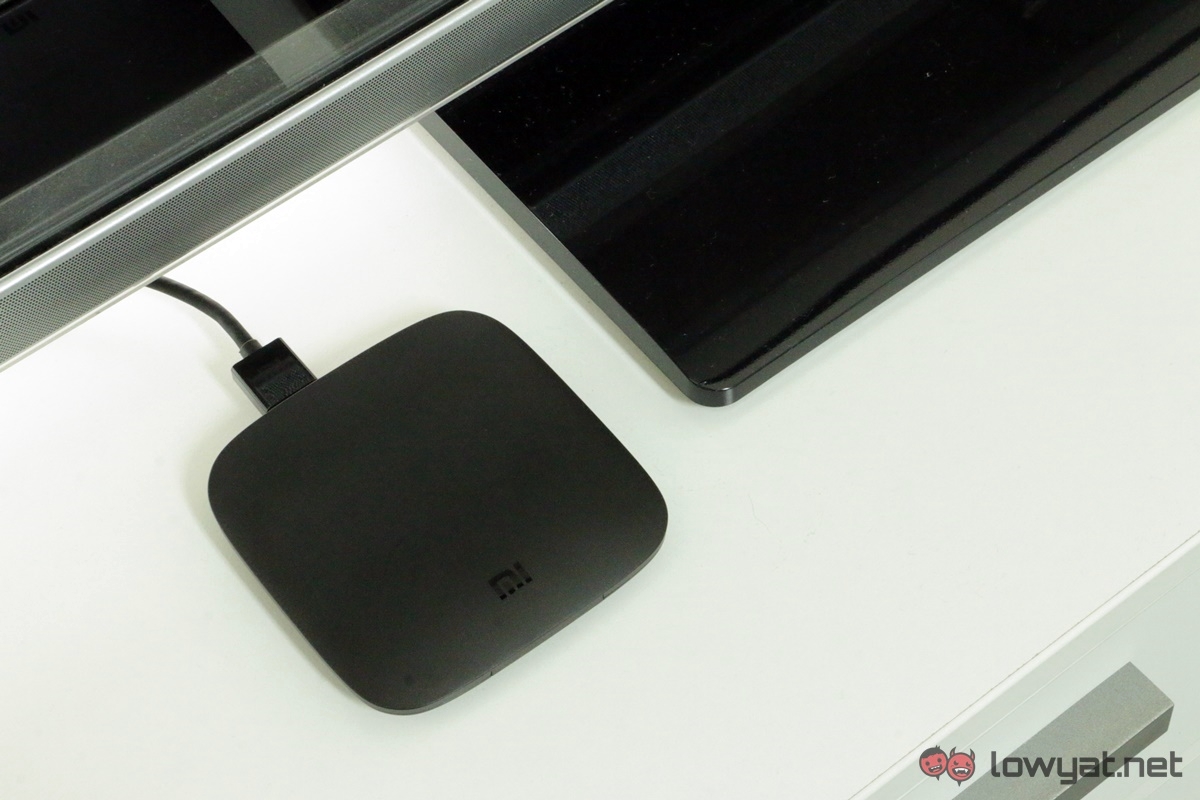
One oddity we came across was the fact that the Mi Box doesn’t work with PC monitors. Not that this is going to be a massive problem. It was just a surprise to discover that the HDMI output isn’t compatible with the 4K monitors we have in the office.
Google Chromecast 2
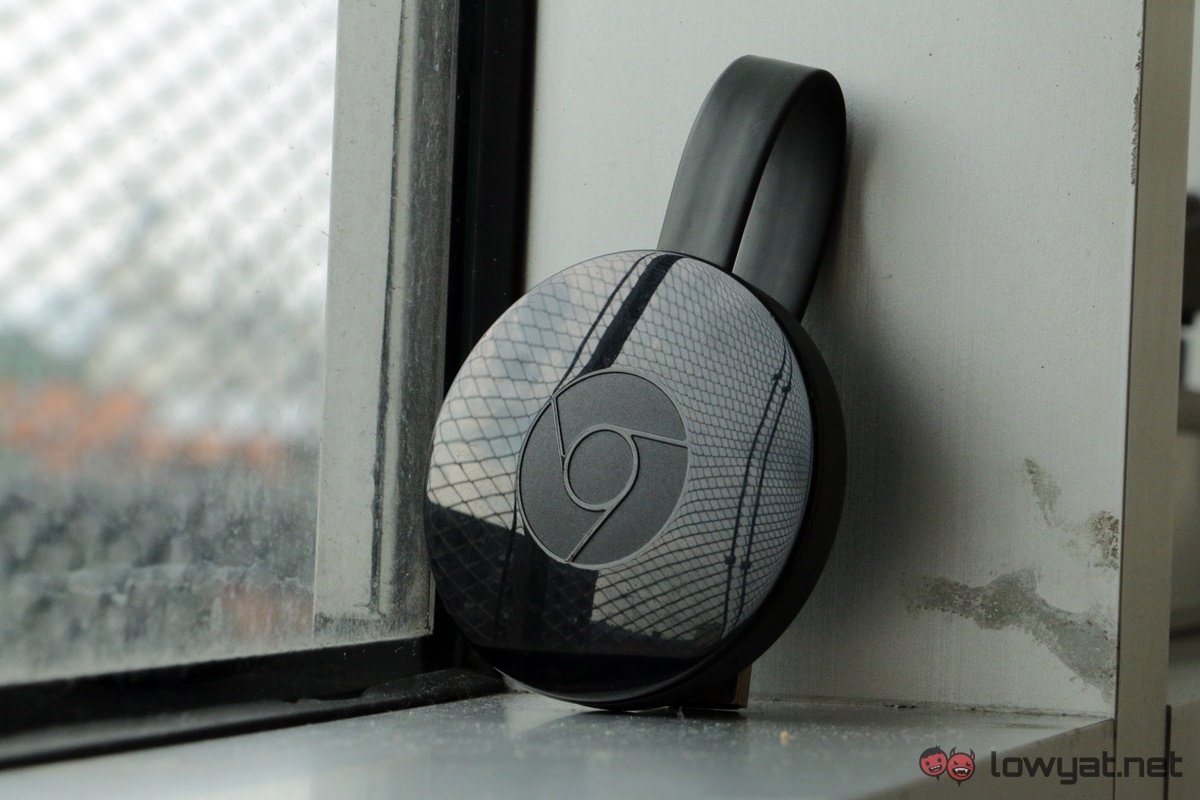
Pros: The Chromecast comes in several flavours, and the one we are comparing the Mi Box to is the second-generation Chromecast 2. All three Chromecasts (1, 2 and Ultra) are essentially the same in that they connect to a smart device and stream content from a third source. This technically does not put it in the same set top box category as Xiaomi Mi Box, which are standalone devices.
The benefit of the Chromecast is that it doesn’t have an interface. Instead, it remains dormant until another device it is connected to tells it to begin broadcasting video. In this sense, it’s easier to learn how to use as all that is required is to already be familiar with your preferred content streaming site – because there is no new learning required.
Once you’ve set up the Chromecast to a smart device, supported apps will have a “Cast” option in the UI, freeing up the smart device to be used for other things.
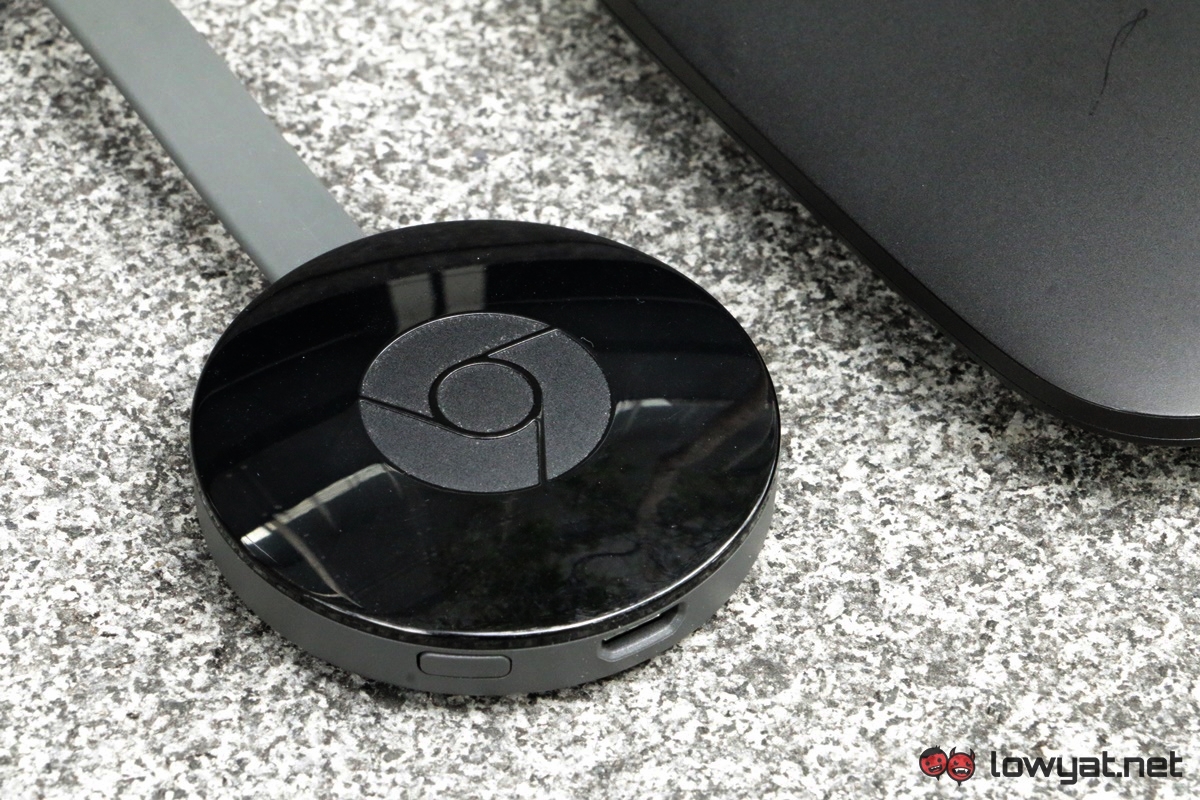
Casting to the Chromecast is extremely simple in that it’s done at the push of the button. This appears on any video player that supports the Chromecast; which is honestly most of them by now – iFlix, Netflix, and YouTube are the major streaming sites that support the Chromecast. Some third party apps also allow people to cast locally stored content as well.
The Chromecast is also very easy to transport. The size means that it can be slipped into a pocket and carried around. Being powered via microUSB also means that it can literally be powered from the TV it’s plugged into; though given the power output on some TVs’ USB ports, this is usually not recommended. Nevertheless, this level of portability is a genuine benefit for people who travel a lot; since it beats watching whatever local channels are available on the hotel TV.
Cons: The Chromecast can occasionally get confused and disrupted if there are multiple devices streaming content at the same time. It also doesn’t discriminate, allowing others to hijack the stream. There’s limited safeguards in place for the Chromecast; which makes it a bit tricky using in a household full of computers and smartphones. It also takes fighting for the TV to a whole new level.
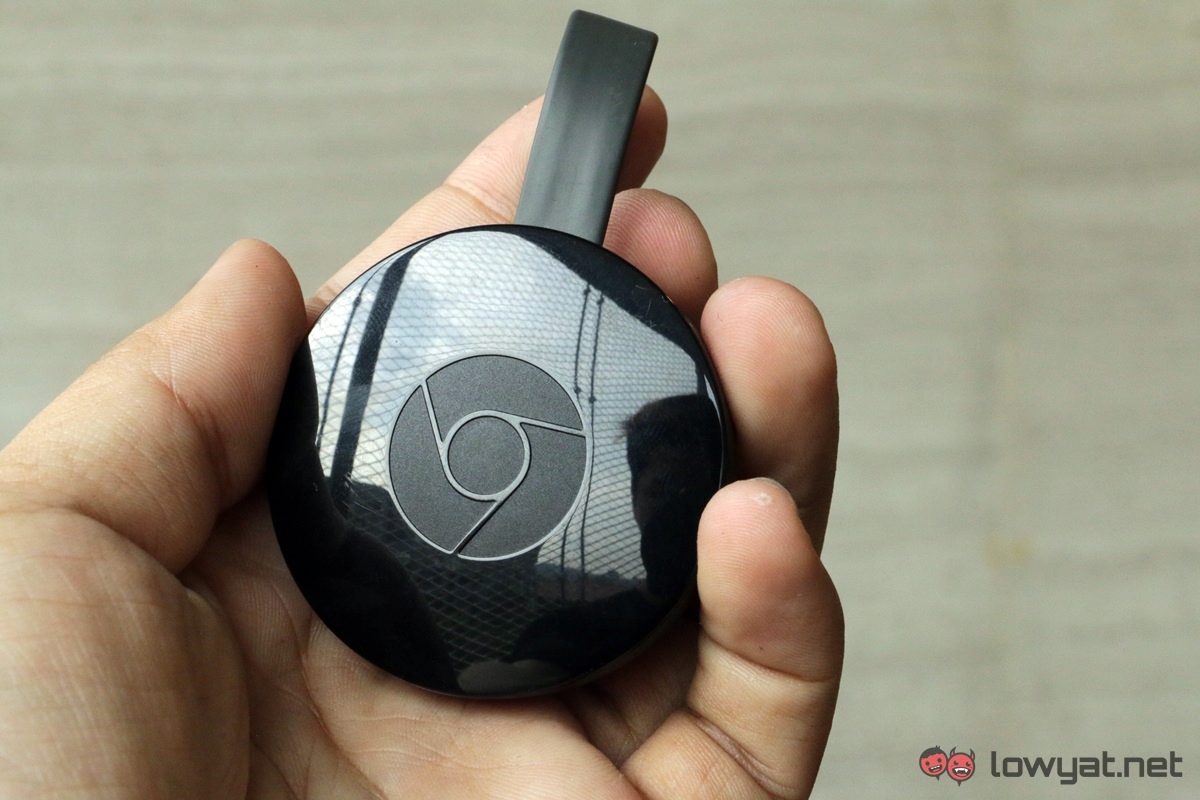
That said, the Chromecast 2 doesn’t actually support 4K content. One needs to obtain the Chromecast Ultra, which costs a little more. In this case, it ends up costing the same as the Mi Box; removing the argument that the Chromecast is the cheaper option.
Another major issue with the Chromecast is the fact that it is not widely available in Malaysia. They’re only officially available on Lazada, with some parallel importers offering them in some specialty stores. That leaves little after-sales support for the Chromecast Not that the Chromecast is particularly expensive, but having after-sales service can help in the event that the device stops working.
Conclusion
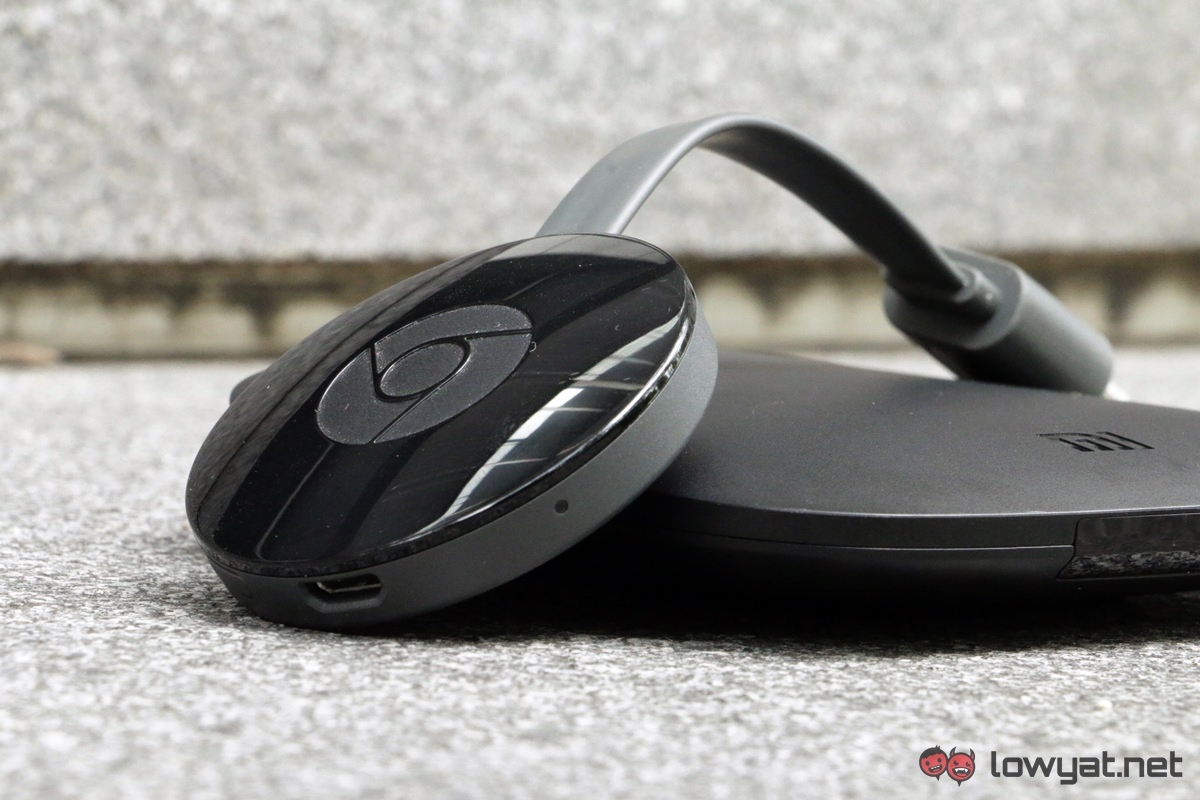
So which is the better companion to your living room? For me, both have their own advantages, although I am slightly biased towards the Chromecast. It is more affordable, there’s slightly more content available to stream, and far more third party support. The fact that there is no iFlix or Amazon Prime Video apps for the Mi Box hurts it a little in this regard.
One might argue that the Xiaomi Mi Box is the more versatile device, and that person would be right. The Mi Box’s access to Google Play apps really does present it with more options and features. That said, let’s be honest: Android TV lags far behind the competition that even the platform-less Chromecast look like better value.
On the other hand, those who love to tinker with their devices may get more satisfaction out of the Xiaomi Mi Box. What that means is that us consumers now have the option of the simplicity of the Chromecast 2, or the slightly more geeky Mi Box as an alternative.
Follow us on Instagram, Facebook, Twitter or Telegram for more updates and breaking news.


